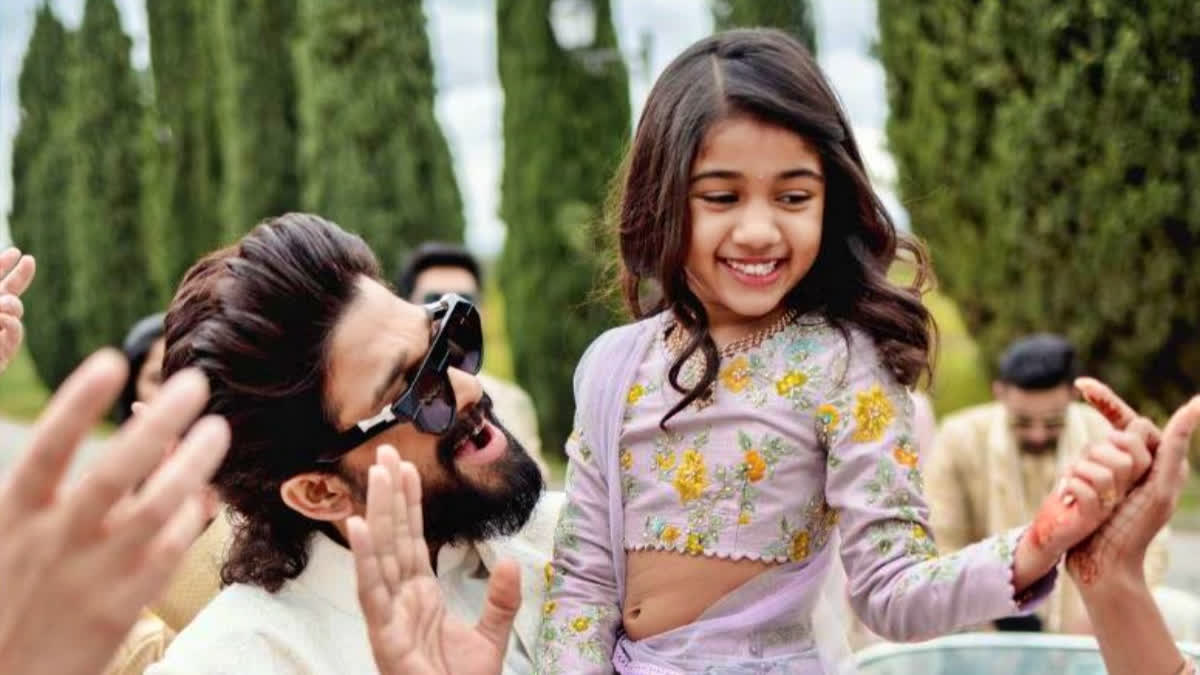Millennial parents are rewriting the rules of parenting, combining empathy, discipline, independence and emotional intelligence in a way that previous generations did not fully embrace. Their challenge is to raise kids who are resilient, grounded and decent human beings. It’s about picking the habits that work and doubling down on them.
Inspired by author Stephen R. Covey's bestseller, ETV Lifestyle presents seven habits of highly effective millennial parents.
1. They Set Clear Family Values
What kind of person do you want your child to become? If your answer is “successful,” let’s dig deeper. Think about the character traits you want them to have: kindness, empathy, responsibility, for example. “Starting with a clear vision of these values helps you make parenting choices that align with that goal. For instance, instead of focusing on grades alone, focus on curiosity and effort. Instead of telling them to 'win,' teach them to play fair and respect others,” says paediatric psychologist Dr Sanjeev Tripathi from Indore.
For parents today, raising well-rounded kids means instilling clear values early on. Actor Shahid Kapoor and his wife Mira Rajput exemplify this. Despite being in the limelight, they prioritise values over materialism, teaching their children Misha and Zain that respect and gratitude matter more than fame. By having a clear vision for the kind of adults they want their kids to become, they’re setting a foundation for growth.
2. They Prioritise Quality Time
Life is busy, and as a millennial parent, you’re probably balancing work, social obligations, and the never-ending scroll of social media. Children know when they’re a priority and when they’re competing with emails, social media, or work. Dr. Tripathi points out that “quality time doesn’t mean hovering all day. It’s about focused, undistracted moments.” Whether it’s 20 minutes of talking at the dinner table or weekend trips, these moments contribute to building trust and connection. Take Allu Arjun, who’s known for his dedication to family time. Despite his demanding career, he makes it a point to bake a cake, go horse riding or play cricket with his children Ayaan and Arha.
3. They Practise Active Listening
Millennial parents understand that listening is about more than just hearing words. It’s about validating emotions and creating a space for open communication. Kesha P. Bhavsar, Helpline Psychologist at Mpower says, “Good listening accumulates a strong presentation of empathy and validation for children, particularly in vulnerable moments.” Listening doesn’t mean fixing every problem but understanding and respecting their child’s perspective.

4. They Balance Tradition And Modernity
Millennial parents are redefining cultural norms, keeping some traditions alive while modernizing others. Bhavsar notes that “millennial parenting cuts out stereotypical practices and emphasizes emotional intelligence, social awareness, and individuality.” This approach isn’t about clinging to rigid traditions or abandoning them entirely. It’s about finding a balance.
5. They Model Self-Care
Self-care signals to children that well-being is a priority, creating a healthy blueprint for them to follow. According to Bhavsar, “Children will do what they learn; parents need to set an example of self-care to instill balance and mindfulness in their lives.” When parents take care of themselves, they model resilience and self-respect, qualities that children pick up and incorporate into their own lives. Kareena Kapoor Khan is a known advocate of self-care. Through regular yoga, travels and spa treatments in her off-duty hours, she shows that maintaining health (physical, mental and emotional) is crucial, especially when raising children.
6. They Encourage Independence And Self-Reliance
Building independence doesn’t happen overnight. It’s a gradual process that starts with small responsibilities and grows from there. Bhavsar says, “Millennial parents promote more self-reliance and independence by encouraging their kids to solve the problems themselves, developing a risk-taking attitude, and motivating them to take small responsibilities. This is useful in overall growth at a very young age.”
For instance, Mahesh Babu and Namrata Shirodkar encourage their children to manage small tasks at home. By instilling responsibility early, they are preparing Gautam and Sitara kids for real-world challenges when they grow up.
7. They Cultivate Purpose And Positivity
In a world focused on results, millennial parents are shifting the focus to effort and growth. “Perseverance and praising effort help children to build resilience and growth mindset. A good parent favours a positive discipline strategy and avoids harsh punishment rather creating a fear factor,” says Bhavsar. By praising the journey rather than the outcome, children learn that it’s okay to stumble, as long as they’re moving forward.
Actor Farhan Akhtar embodies this approach by supporting his daughter Shakya and Akira's diverse interests in music, sports and activism. His focus on passion over perfection teaches children that the real reward lies in pursuing what they love, not in achieving flawless success. With this mindset, children learn to appreciate the process and the lessons it brings. This isn’t about following a checklist or creating an Instagram-perfect family. As Bhavsar puts it, “Parenting today demands growth and change, just like every other part of life. Millennial parents are equipping children with life skills that go beyond academics.”
This journey won’t be flawless, but with a little intentionality and a lot of flexibility, you’ll raise kids who are ready to take on the world and make it better.
Read more:



